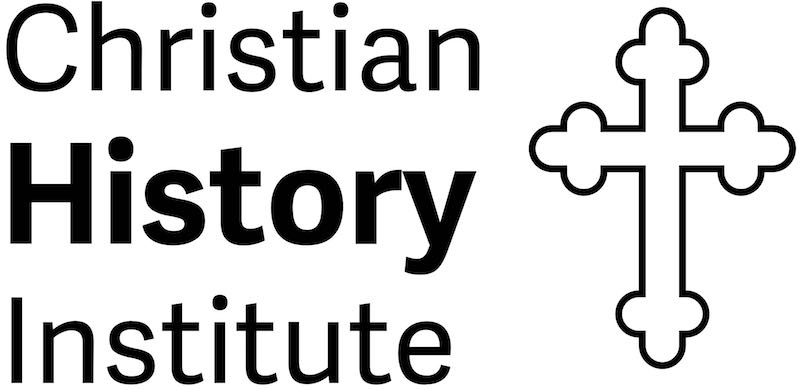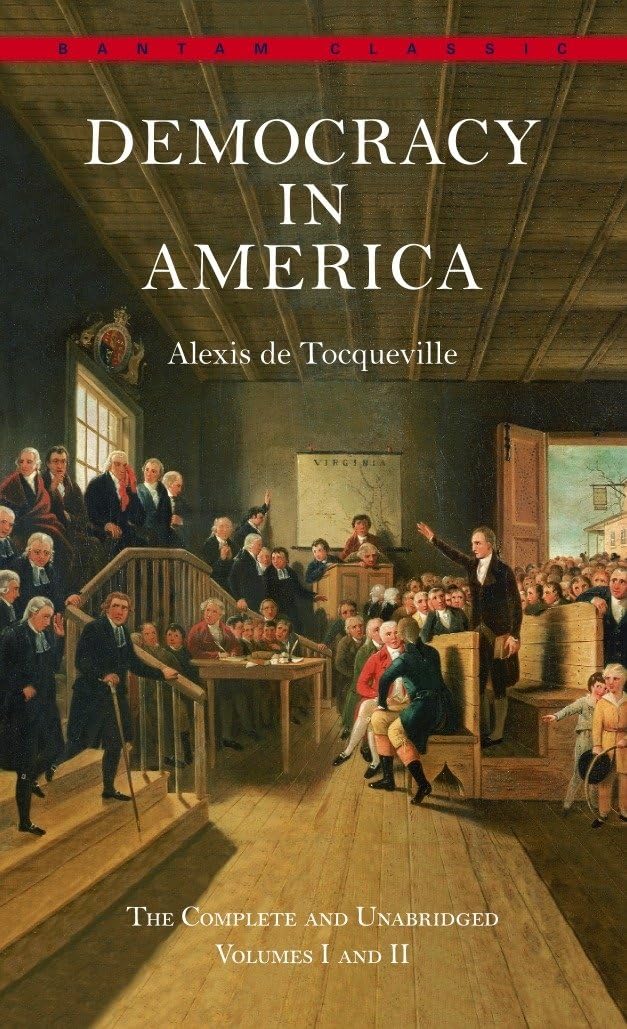That's not what eyewitness Alexis de Tocqueville observed. In fact, he made the exact opposite observation.
Alexis de Tocqueville was not a witness to the founding.
Alexis de Tocqueville is not Thomas Jefferson who said what he thought about Christianity. “Millions of innocent men, women and children, since the introduction of Christianity, have been burned, tortured, fined and imprisoned. What has been the effect of this coercion?
To make one half the world fools and the other half hypocrites; to support roguery and error all over the earth. ... Our sister states of Pennsylvania and New York, however, have long subsisted without any establishment at all. The experiment was new and doubtful when they made it. It has answered beyond conception. They flourish infinitely. “
Jefferson (a real founding father) and third President had zero use for kickstarting the American experiment based in any way on the Papist/Protestant Christianity alignment with monarchs for centuries of “ supporting roguery and error all over the earth.”
Tocqueville may have had a deep appreciation for whatever ‘civil order’ there was in FRANCE and in the way that the Pope and Kings kept it. I’m not real sure if Tocqueville was as impressed with the concept of religious freedom which includes freedom from religion as he was watching some early Americans go to church.
And Tocqueville was not a historian - He didn’t see all that was going on with respect to the lack of Christianity on the American frontier;
If you don’t believe me that Christianity was in decline during first of two of America’s founding decades - read these accounts:
Christian History Institute (CHI) provides church history resources and self-study material and publishes the quarterly Christian History Magazine. Our aim is to make Christian history enjoyable and applicable to the widest possible audience.

christianhistoryinstitute.org
* On a trip to Tennessee in 1794, Methodist bishop Francis Asbury wrote anxiously about frontier settlers, “When I reflect that not one in a hundred came here to get religion, but rather to get plenty of good land, I think it will be well if some or many do not eventually lose their souls.”
* Andrew Fulton, a Presbyterian missionary from Scotland, discovered in Nashville and in “all the newly formed towns in this western colony, there are few religious people.”
* The minutes of the frontier Transylvania Presbytery reveal deep concern about the “prevalence of vice & infidelity, the great apparent declension of true vital religion in too many places.”
* Rampant alcoholism and avaricious land-grabbing were matched by the increasing popularity of both universalism (the doctrine that all will be saved) and deism (the belief that God is uninvolved in the world).
* Methodist James Smith, traveling near Lexington in the autumn of 1795 feared that “the universalists, joining with the Deists, had given Christianity a deadly stab hereabouts.”
* Hyperbole, perhaps. Still, during the six years preceding 1800, the Methodist Church—most popular among the expanding middle and lower classes—declined in national membership from 67,643 to 61,351.
* In the 1790s the population of frontier Kentucky tripled, but the already meager Methodist membership decreased.



